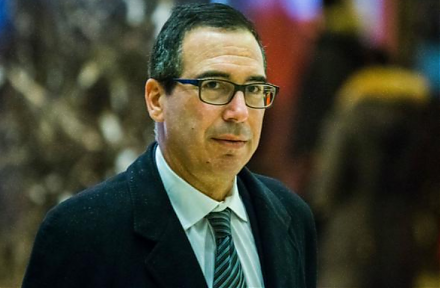

2017-05-07 06:39:00 Sun ET
stock market gold oil stock return s&p 500 asset market stabilization asset price fluctuations stocks bonds currencies commodities funds term spreads credit spreads fair value spreads asset investments
While the original five-factor asset pricing model arises from a quasi-lifetime of top empirical research by Nobel Laureate Eugene Fama and his long-time co-author Kenneth French, the sixth factor is hypothetical in nature and stems from bullish-versus-bearish investor sentiment on social media.
In addition to the conventional fundamental factors such as size, value, market risk, operating profitability, and asset growth, the social media factor serves as a new measure of investor sentiment.
All these factors help explain the time-series variation in most U.S. stock returns relative to the risk-free rate.
Whether this additional social media factor represents exposure to systematic risk remains a debatable controversy because there is now minimal consensus on this open issue.
Several financial economists recommend raising the empirical hurdle for novel fundamental factors such as this social media measure of investor sentiment.
On balance, it is informative for most stock market investors to recognize that social media conveys pivotal information about at least part of the time variation in the vast majority of U.S. stock portfolio returns ceteris paribus.
If any of our AYA Analytica financial health memos (FHM), blog posts, ebooks, newsletters, and notifications etc, or any other form of online content curation, involves potential copyright concerns, please feel free to contact us at service@ayafintech.network so that we can remove relevant content in response to any such request within a reasonable time frame.
2023-04-21 12:39:00 Friday ET

Angus Deaton analyzes the correlation between health and wealth in light of the economic origins of inequality worldwide. Angus Deaton (2015)
2018-10-27 09:34:00 Saturday ET

U.S. automobile and real estate sales decline despite higher consumer confidence and low unemployment as of October 2018. This slowdown arises from the curr
2018-02-01 07:38:00 Thursday ET

U.S. senators urge the Trump administration with a bipartisan proposal to prevent the International Monetary Fund (IMF) from bailing out several countries t
2019-12-28 09:36:00 Saturday ET

Global debt surges to $250 trillion in the fiscal year 2019. The International Institute of Finance analytic report shows that both China and the U.S. accou
2018-01-15 07:35:00 Monday ET

Treasury Secretary Steven Mnuchin welcomes a weak U.S. dollar amid pervasive fears of an open trade war between America and China. At the World Economic For
2018-02-15 07:43:00 Thursday ET

Fed minutes reflect gradual interest rate normalization in response to high inflation risk. FOMC members revise up the economic projections made at the Dece